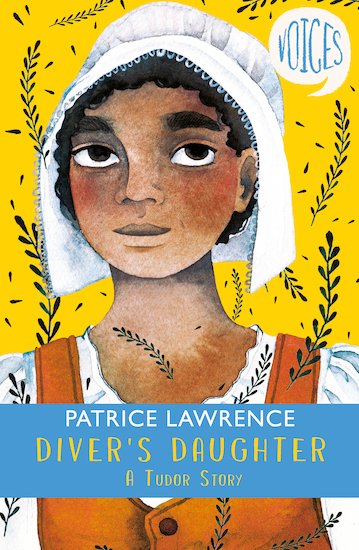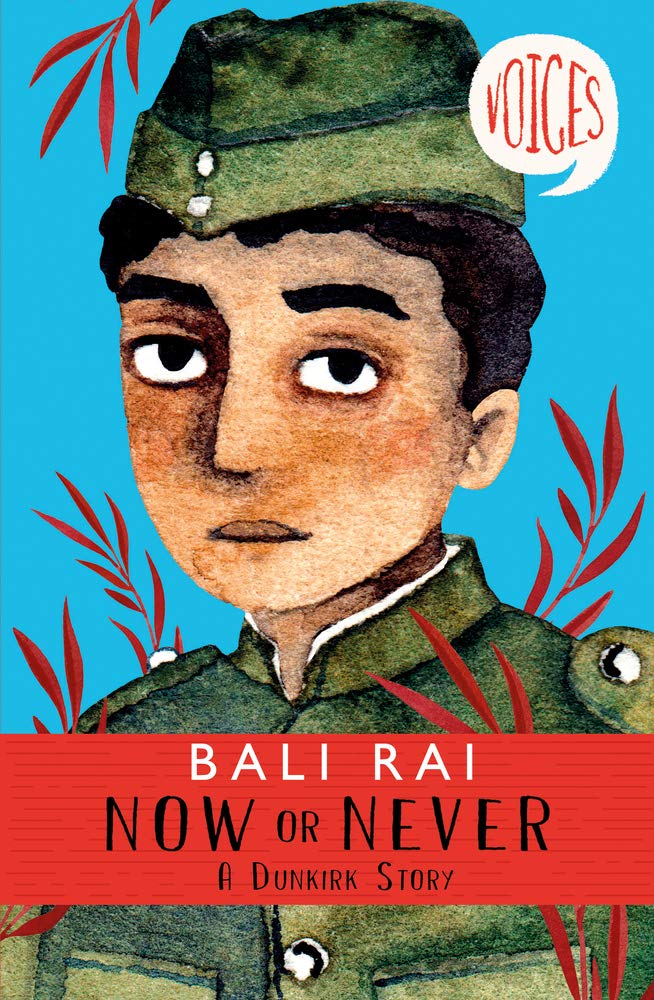The third in the series, and I was ready for everything this one had to give. Hal and Uncle Nat once again meet a cast of colourful characters (some of whom you might feel like you know already) in this (dare I say it) enjoyable whodunnit for children. I think it is a fairly brave move to have a murder in a children's book, and the events of the story should rightly raise some discussion points. The book, although an intriguing mystery in an exciting setting (complete with all the animals you'd want from a safari through Mozambique, Zimbabwe and Zambia), is a good starting point for discussing good and bad, right and wrong as well as how different people might respond to death. Leonard and Sedgman have really nailed the format in a child-friendly form and those who've kept up with the series will be beginning to be adept at picking up on the clues needed to be sleuthing as they read.
'Murder on the Safari Star' is available now and features on my Children's Fiction 2021 list at bookshop.org: https://uk.bookshop.org/lists/children-s-fiction-2021
Space Oddity by Christopher Edge, Illustrations by Ben Mantle (Chicken House)A book about life and the things that matter, all rolled up in a story about a boy who discovers he is part-alien. The last book I read by Edge was The Longest Night of Charlie Noon which I felt was aimed at a slightly older age group than Space Oddity - this new one could easily be managed by 8 or 9-year-olds. Apart from being a twist on the classic abducted-by-aliens narrative from the old days of Sci-fi this book is actually a sweet ode to human creativity. Whilst acknowledging that people have done a lot of damage to our planet, it also celebrates the beautiful things that we have created. Of David Bowie's 'Space Oddity' Jake's alien dad says: "...songs... tell us what it means to be alive. This was the most beautiful song I'd ever heard. And a human being had made it. I thought if they were capable of this, then maybe they weren't as primitive as we though they were." Every child who has ever felt embarrassment at how weird their parents can be will relate to this brilliantly-told story.
'Space Oddity' is available now and features on my Children's Fiction 2021 list at bookshop.org: https://uk.bookshop.org/lists/children-s-fiction-2021
Melt by Ele Fountain (Pushkin Press)'Melt' will be published on 29th April 2021 and features on my Children's Fiction 2021 list at bookshop.org: https://uk.bookshop.org/lists/children-s-fiction-2021
City of Rust by Gemma Fowler (Chicken House)Sci-fi again, but set in what I assume to be a post-apocalyptic world, ruined by human wastefulness. So far have humans gone with their refusal to reduce, reuse and recyle, that they have taken to flinging their trash into space. However, the poor of the earth are resourceful, and there's plenty they can do with the rubbish, so long as the Junkers can get it down to them. We meet Railey and Atti, her bio-robotic gecko in Boxville, where they are star drone racers. What they don't know is that they have been training for years - training to save the world from the revenge of those who hate the way of life in the Glass City. Fowler's creations are a treat for the imagination and although Karl James Mountford's cover is absolutely stunning I'd also love to see some artistic representations of the world we are shown in 'City of Rust'. In an original adventure, perfect for fans of Philip Reeve's Mortal Engines and Railhead books, Gemma Fowler spins a tale of loyalty, ingenuity and derring-do whilst making an important statement about the potential consequences of materialism.
'City of Rust' is available now and features on my Children's Fiction 2021 list at bookshop.org: https://uk.bookshop.org/lists/children-s-fiction-2021
The Chessmen Thief by Barbara Henderson (Cranachan Publishing)Historical fiction - probably my favourite genre. Even more so when it is medieval historical fiction. This, set in Norway, the Hebrides and the Orkney Islands in the 12th century, is a Norse tale after Henry Treece's Viking books for children. 'The Chessmen Thief', an imagined origin story for the famous Lewis Chessmen, paints much of the culture in a positive light, including the influence of Christianity. Henderson paints a vivid picture of life for slave boy Kylan as he pines for his mother whilst plotting and scheming to make his escape. The descriptions of people, place and actions great and small are so evocative of times gone by and it is easy to feel that one is there, among the people, able to smell the sea air and feel the excitement brought about by the creation of these innovative and exquisite pieces of craftsmanship. This book is a fantastic addition to the growing number of titles focused on the Viking age, this one made more rare by not focusing on activity post-1066.
'The Chessmen Thief' will be published on 29th April 2021 and features on my Children's Fiction 2021 list at bookshop.org: https://uk.bookshop.org/lists/children-s-fiction-2021
The Life and Time of Lonny Quicke by Kirsty Applebaum (Nosy Crow)If M. Night Shyamalan wrote middle grade fiction, then he'd write something like 'The Life and Time of Lonny Quicke'. Kirsty Applebaum has already mastered the art of making a reader feel unsettled for the whole duration of a book, and in this one she does it again. Bringing folk tale aesthetics to the modern world, Applebaum spins a supernatural story of life and death. What makes this stand out from some other children's books that might be categorised similarly, is that very little suspension of disbelief is necessary: only does the reader need to allow themselves to accept that Lifelings, people who can prevent others from dying by giving up some of their own life, are indeed real. This brilliantly-spun yarn provokes many moral questions and is a great device to really get children thinking about self-sacrifice and serving others. And once they've read it, get them to think about how clever the title is.
'The Life and Time of Lonny Quicke' will be published on 6th May 2021
If you would like Aidan to work with you on developing reading at your school, please visit his website at https://www.aidansevers.com/services and get in touch via the contact details that can be found there.








































